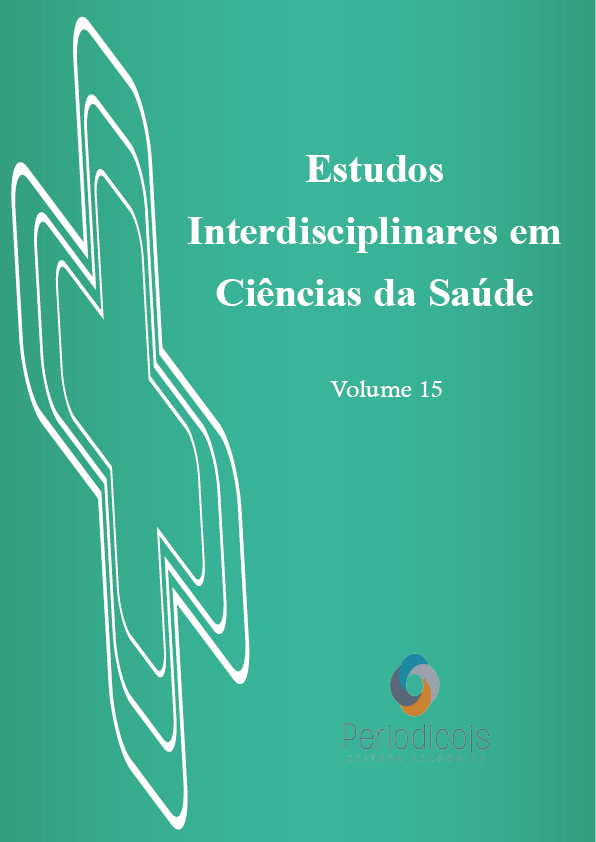Abstract
The study aimed to analyze, through the literature, the impact of artificial intelligence on the prevention and control of heart disease. The study was built through an Integrative Literature Review (RIL) with a qualitative approach, focused on the challenges and possibilities of educational technologies for health promotion in the context of primary health care. Artificial intelligence has the potential to radically change the care of cardiac patients. With this, AI can be applied to track a patient's vital signs during monitoring. Therefore, one of the possible uses of Artificial Intelligence in cardiology is to improve the diagnosis of heart diseases.
References
AMIN, H. et al. Future perspective of heart failure care: benefits and bottlenecks of artificial intelligence and eHealth. Future medicine, v.17, n.6, p.1-8, 2021.
BRUNNETTI, N. D. et al. The Italian Society of Cardiology and Working Group on Telecardiology and Informatics 2023 updated position paper on telemedicine and artificial intelligence in cardiovascular disease. Journal of Cardiovascular Medicine, v. 24, n. 2, p e168-e177, May 2023.
CHAYAKRIT, K. C. et al. Artificial Intelligence-Powered Blockchains for Cardiovascular Medicine. Canadian Journal of Cardiology, v. 38, n. 2, p. 185-195, 2022.
GAFFAR, S. et al. The Next Frontier in Pediatric Cardiology: Artificial Intelligence. Pediatric Clinics of North America, v. 67, n. 5, p. 995-1009, 2020.
LECLERCQ, C. et al. Wearables, telemedicine, and artificial intelligence in arrhythmias and heart failure: Proceedings of the European Society of Cardiology Cardiovascular Round Table. EP Europace, v. 24, n. 9, p. 1372-1383, 2022.
MASCARENHAS, A. M. S. et al. Artifical intelligence and nuclear cardiology -a current overview. Brazilian Journal of Health Review, Curitiba, v. 4, n. 2, p. 7678-7682mar./apr.2021.
MENDES, K. D. S.; SILVEIRA, R. C. C. P.; GALVÃO, C. M. Revisão integrativa: métodos de pesquisa para a incorporação de evidências na saúde e na enfermagem. Texto Contexto Enferm, v. 17, n. 4, p. 758-764, 2008.
RIBEIRO, J. M. R. et al. Reply: Patient-Specific Computer Simulation in TAVR: Is Artificial Intelligence Superior to Human Experience in Interventional Cardiology? JACC: Cardiovascular Interventions, v. 13, n. 21, p. 1-5, 2020.
SOUZA FILHO, E. M. et al. Inteligência Artificial em Cardiologia: Conceitos, Ferramentas e Desafios – “Quem Corre é o Cavalo, Você Precisa ser o Jóquei”. Arq. Bras. Cardiol, v. 114, n. 4, p. 1-8, 2020.
WATSON, X. et al. Artificial intelligence in cardiology: fundamentals and applications. Internal Medicine Journal, v. 52, n. 6, p. 912-920, 2022.
ZERON, R. M. C.; SERRANO JUNIOR, C. V. Artificial intelligence in the diagnosis of cardiovascular disease. REV ASSOC MED BRAS, v. 65, n. 12, p. 1438-1441, 2019.

